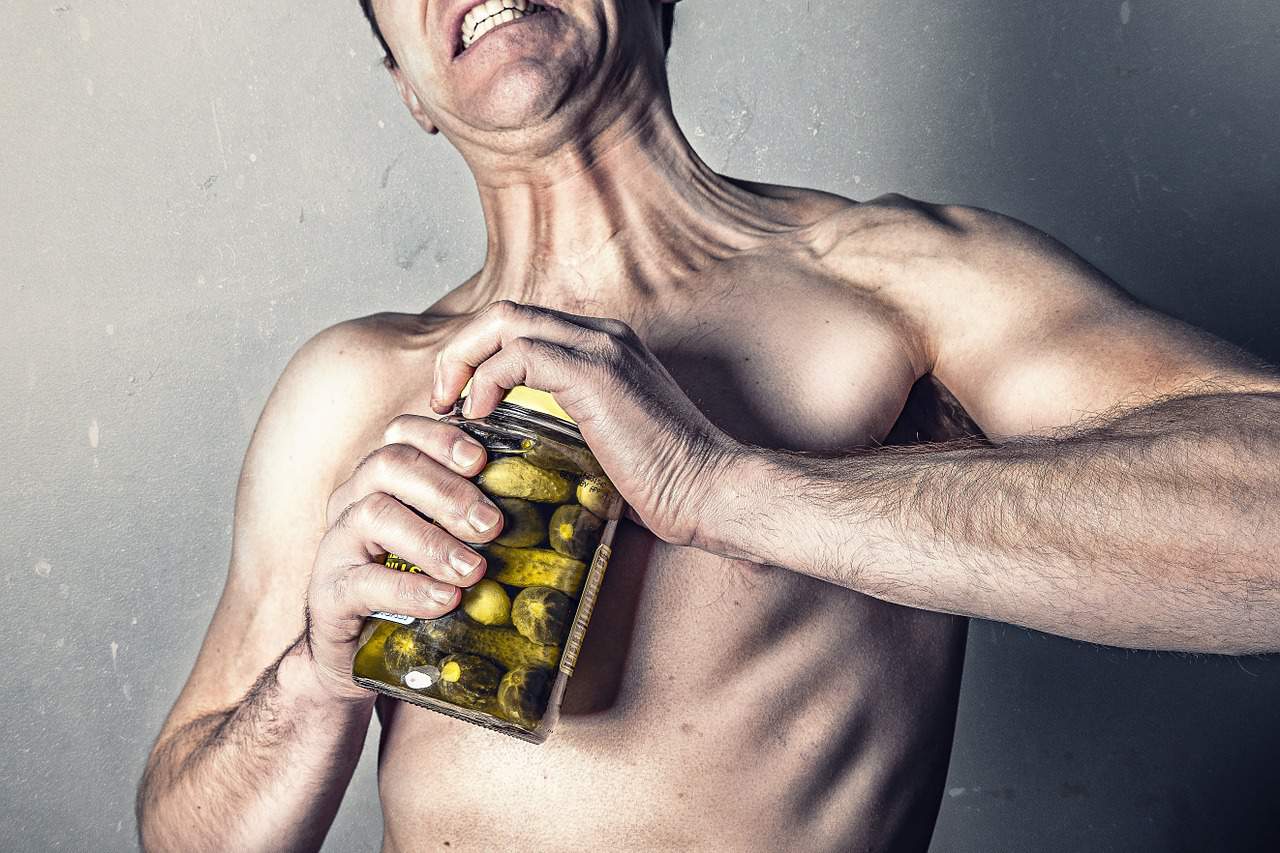Causes of andropause all concern one thing: testosterone. The main cause of andropause is a gradual drop in testosterone levels, and this decline occurs because the testes, which produce testosterone, begin to fail as men get older. More specifically, the Leydic cells, which make most of the testosterone in the testes, do not secrete the hormone as often as it used to.
Two other factors that fall into the causes of andropause category and contribute to a decline in testosterone are an accompanying decrease in the hormones that prompt the testes to manufacture testosterone, and an increase in the amount of testosterone that is converted to other hormones, including estrogen (estradiol) and dihydrotestosterone (DHT).
Yet another factor that can lower testosterone levels is a protein called sex hormone-binding globulin (SHBG). This protein tends to increase as men age. Testosterone attaches itself very tightly to SHBG.
This “marriage” of sorts reduces the amount of free testosterone (not bound to a protein) that is available, which in turn has an effect on the impact the hormone can have in the body.
Now that we mentioned estrogen, let’s look at its role in the causes of andropause. The estrogen/testosterone ratio can be thrown out of balance during mid-life when estrogen levels rise in men. Although the increase in estrogen is not dramatic, it is enough to alter the hormone balance. Because estrogen competes with testosterone for receptor sites (“docking locations”) on cells, the higher estrogen levels can cause the estrogen/testosterone ratio to favor estrogen. This reduces the amount of testosterone available to the cells. The result is andropause symptoms.
Testosterone is not the only male hormone whose levels change with male menopause. Other androgens, including DHEA, DHEA-S, and androstenedione, are produced by the adrenal glands and in much smaller amounts than is testosterone. All of these hormones are converted to testosterone and DHT, which are much more potent androgens.
Other factors that can contribute to the causes of andropause include alcoholism, poor diet, hypertension, use of prescription and nonprescription drugs, lack of exercise, obesity, smoking, poor circulation, and depression.
Yet another factor to consider is hormone therapy. Men with prostate cancer who are treated with hormone therapy typically experience symptoms of andropause because the treatment dramatically reduces their sex hormone levels. This event can be likened to what women who undergo a hysterectomy experience when their hormone production is dramatically reduced postsurgery. However, unlike a hysterectomy, hormone therapy for prostate cancer is a temporary situation, and a man’s hormone production can resume once treatment ends.
Effects of testosterone on a man’s body
- Helps build protein
- Is necessary for normal sexual behavior and function, including achieving an erection
- Affects the production of blood cells in bone marrow
- Plays a role in the formation of bone
- Is involved in the metabolism of lipids (cholesterol, triglycerides) and carbohydrates
- Has a role in liver function
- Involved in prostate gland growth
Read more in our Low T Health Center
